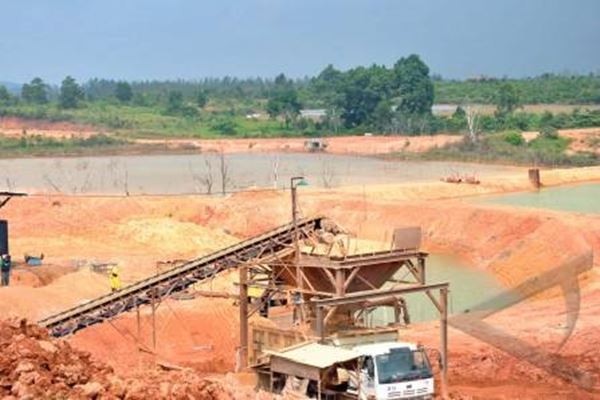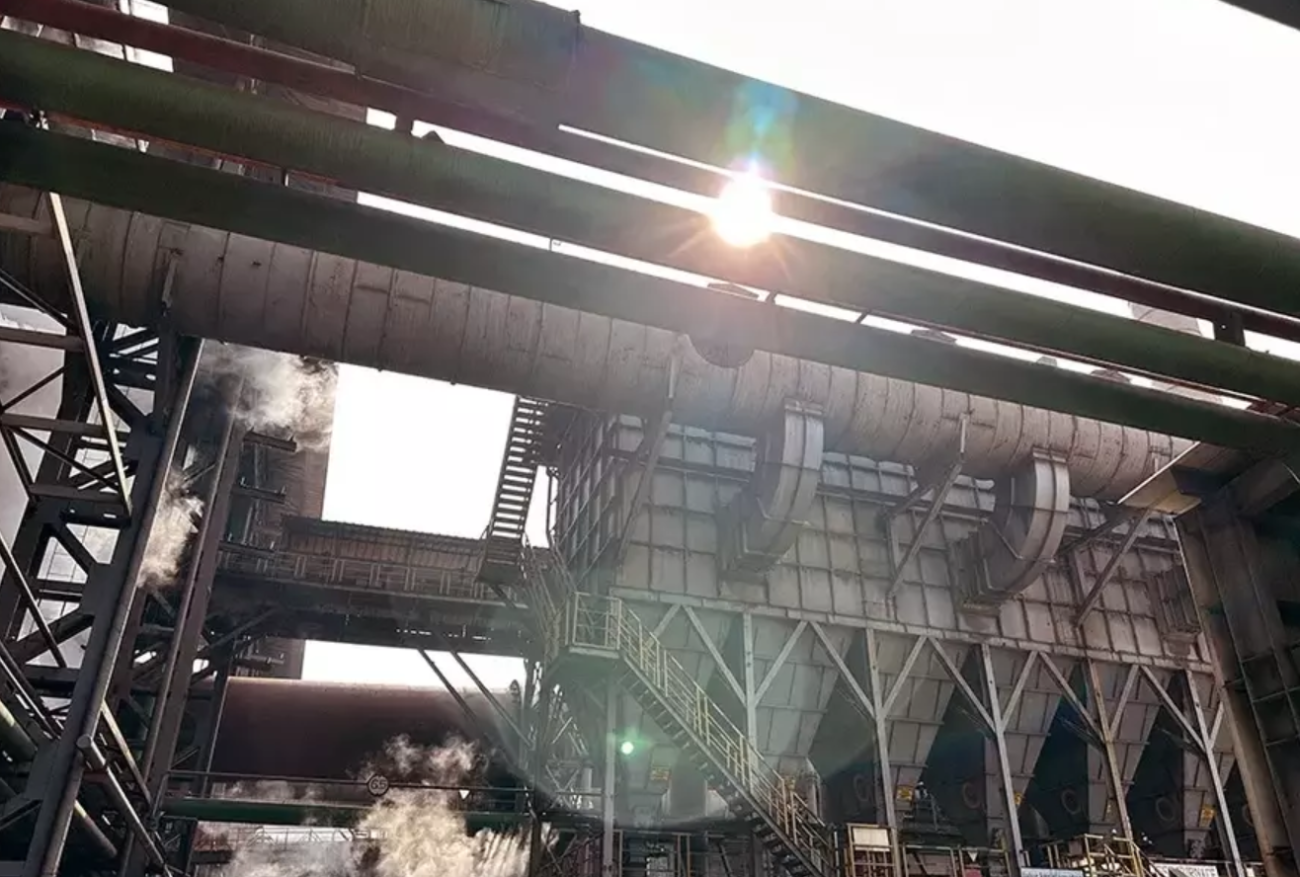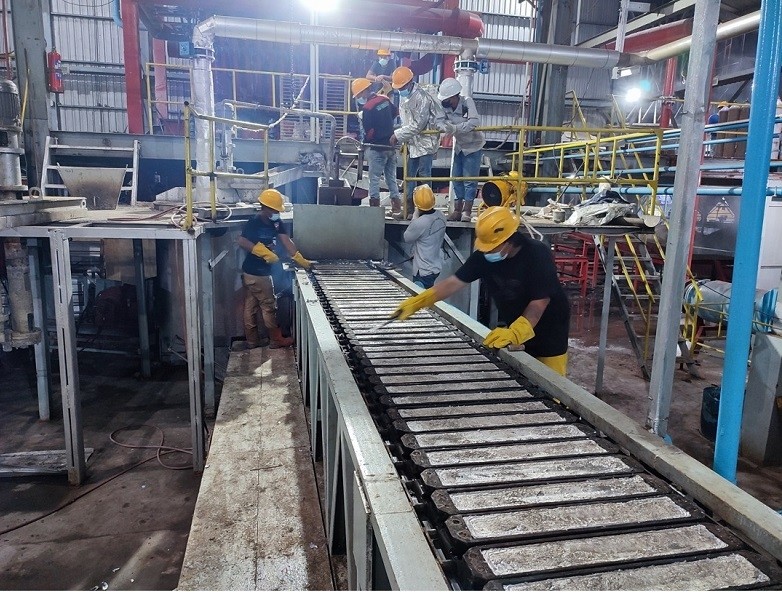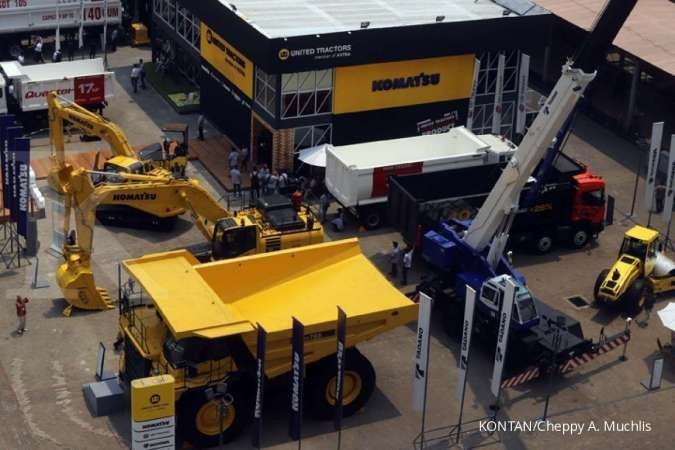Indonesia's Mining Industry Faces Challenges and Opportunities
Indonesia's mining industry, particularly nickel and now bauxite, is gaining significant attention due to its crucial role in the vibrant electric vehicle battery industry. Following the successful transition of nickel to this sector, the government is considering applying the same policy to other mining commodities.
Starting June 10, 2023, the Indonesian government officially halted the export of raw bauxite to promote downstream industrial activities. President Joko Widodo aims to expand this policy to include copper, tin, and gold, showcasing Indonesia's commitment to maximizing the value of its mineral resources.
Data from the US Geological Survey reveals that Indonesia was the fifth largest producer of bauxite in 2022, with around 21 million tons produced. However, nearly 85 percent of this production was exported mainly to China.
While the ban on bauxite exports is expected to triple Indonesia's export revenue, concerns arise regarding the country's processing capacity. Existing bauxite smelters cannot absorb the entire production, leading to reduced output by bauxite miners and limited domestic processing capabilities.
One potential solution lies in Chinese investors. As China's aluminum sector faces domestic production capacity limits, Indonesian aluminum industry expansion becomes an attractive prospect for Chinese companies. Investments in alumina refineries and expansion plans in Southeast Asia, particularly Indonesia, indicate China's interest in the region.
While Indonesia's downstream strategy has proven successful for nickel, caution is advised when it comes to bauxite. Building bauxite smelters is costlier and more challenging compared to nickel smelters, presenting obstacles for the government.
Additionally, Indonesia's ambitions to become an aluminum industry hub must address its reliance on coal-fired power plants. To align with global decarbonization trends, the country needs to shift toward renewable energy sources.
Furthermore, the cessation of bauxite exports may face potential challenges at the World Trade Organization (WTO). The government has asserted its readiness to defend against any potential lawsuits.
Despite the possible tensions between China and Indonesia, the chances of a significant dispute are low, considering China's alternative bauxite sources such as Guinea and Australia. China has been fostering deeper economic ties with Indonesia, viewing it as a valuable raw material source.
As both countries evaluate the implications of potential WTO disputes, careful consideration is essential to maintain stable economic relations and capitalize on the opportunities presented by Indonesia's mining industry.
Image source: Bisnis.com









